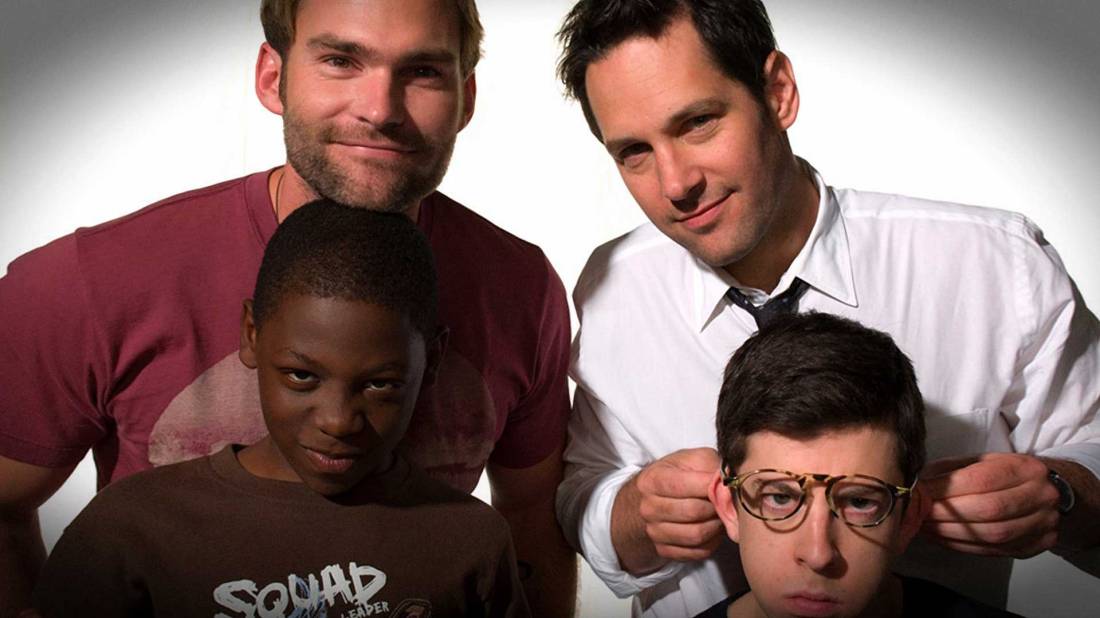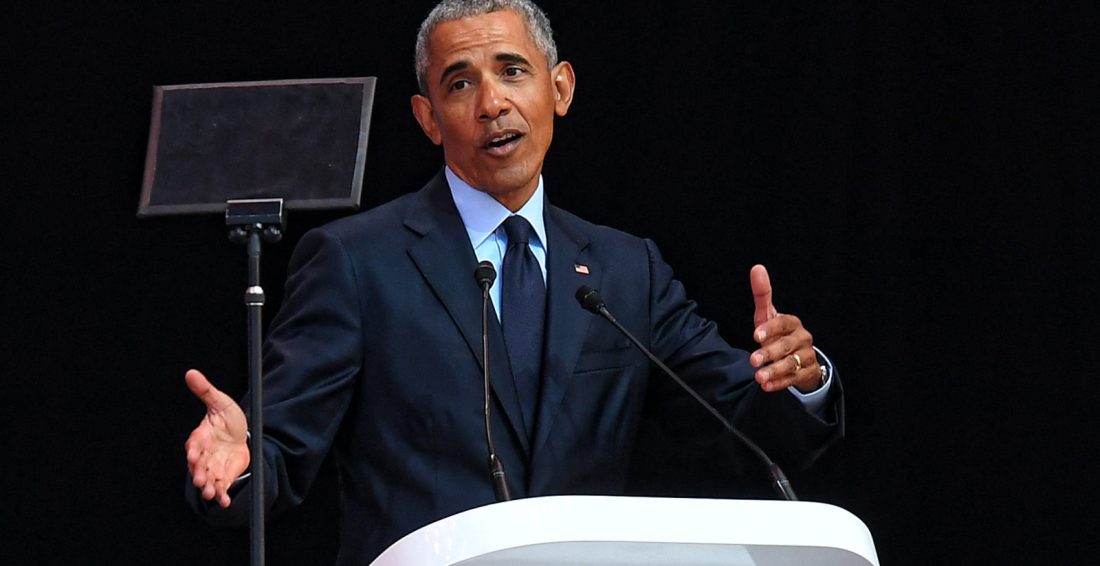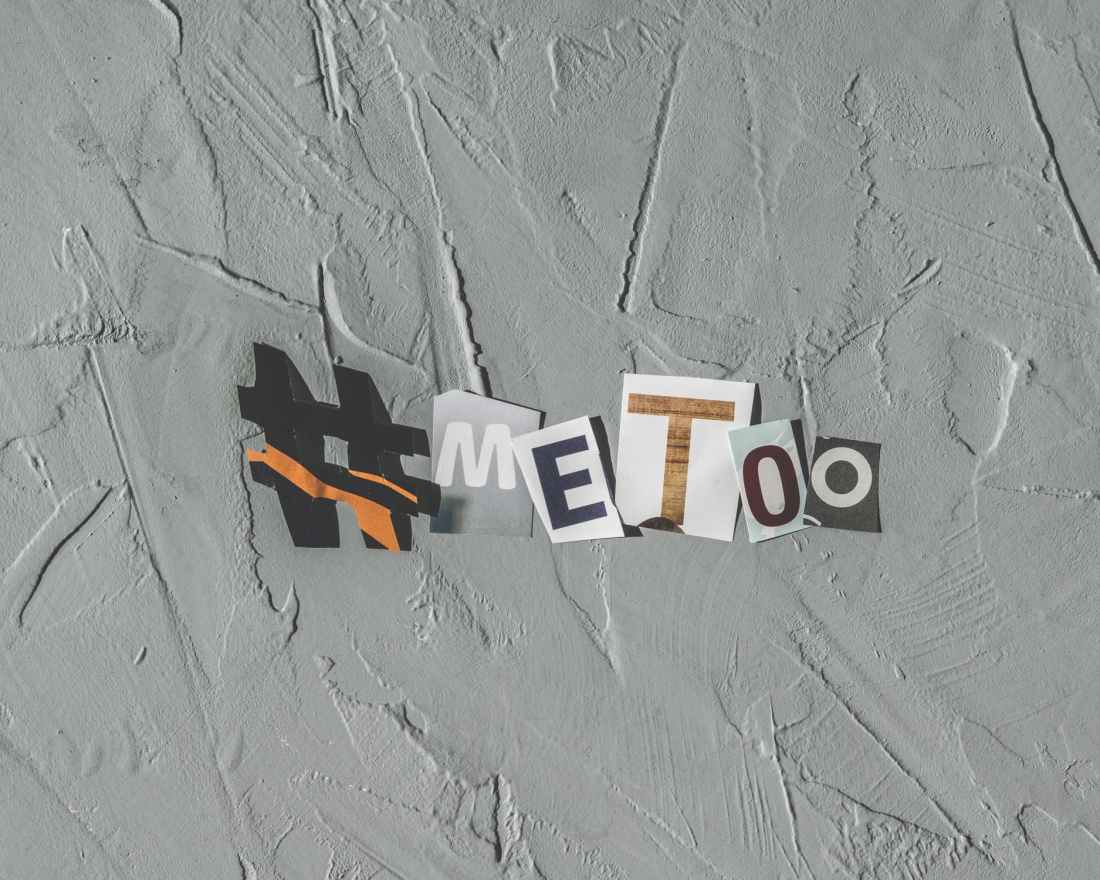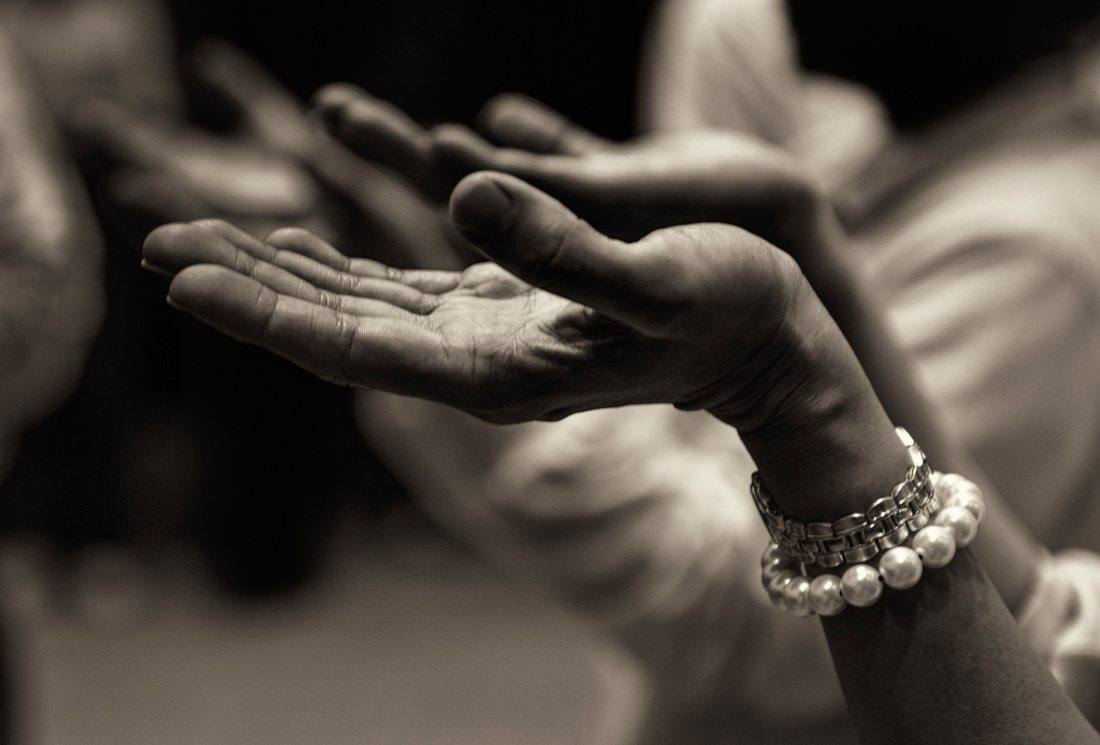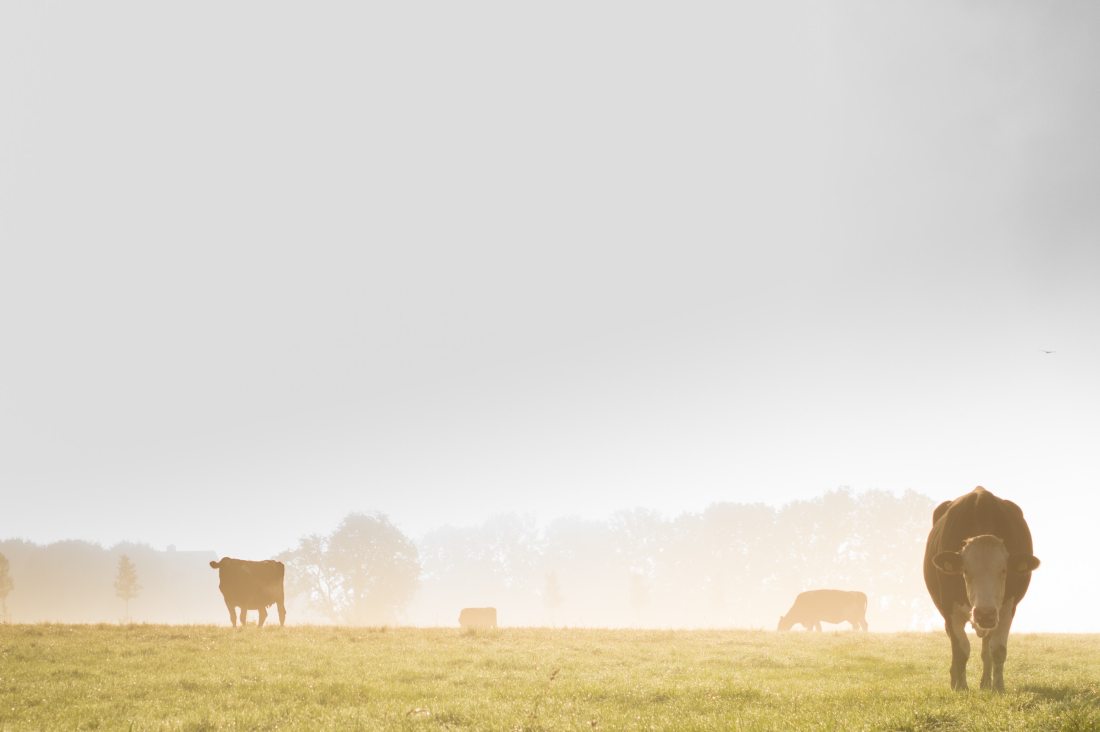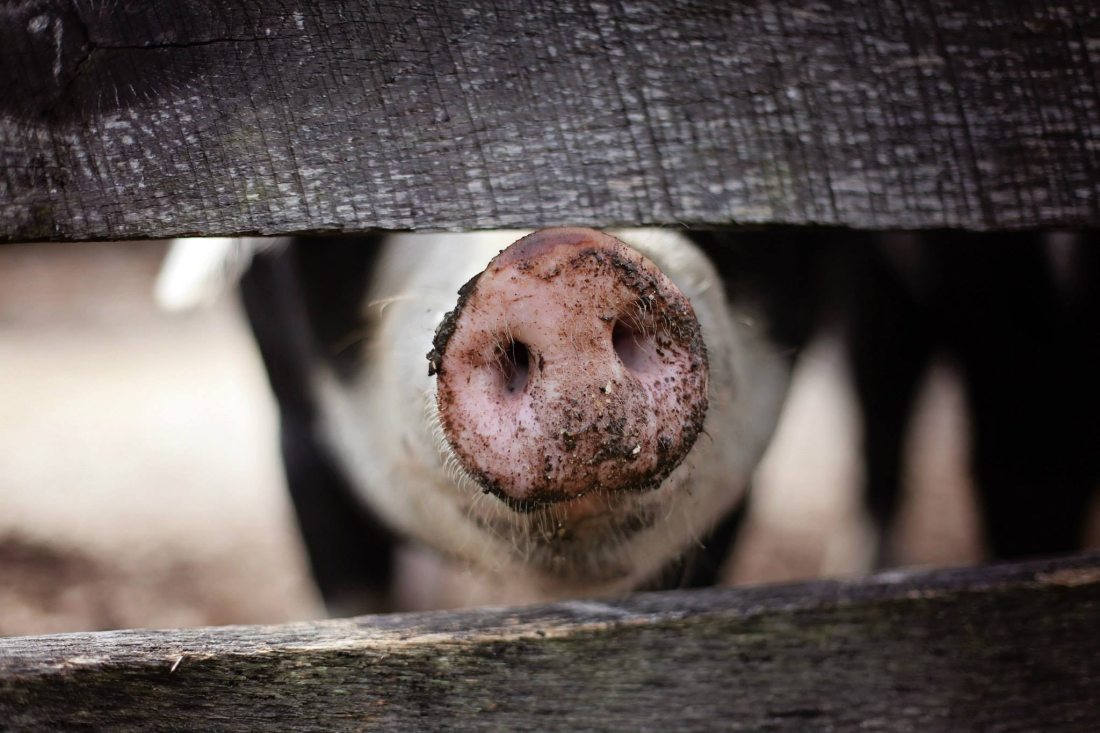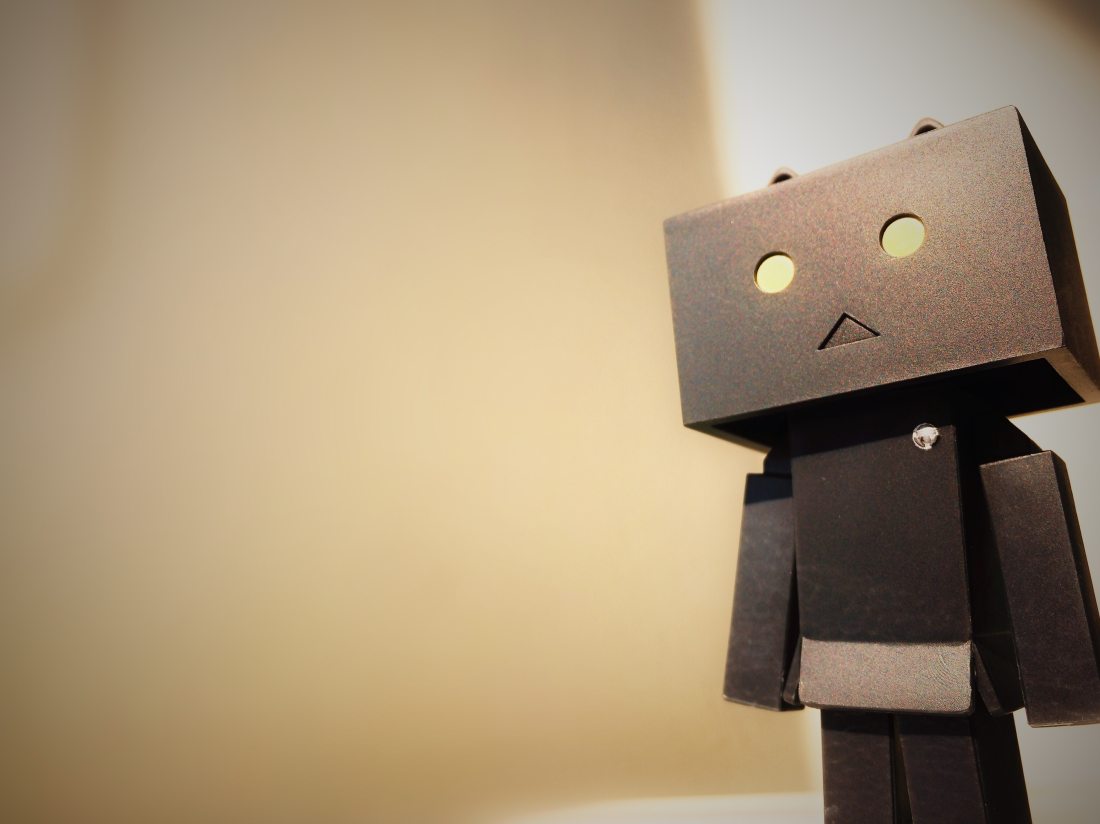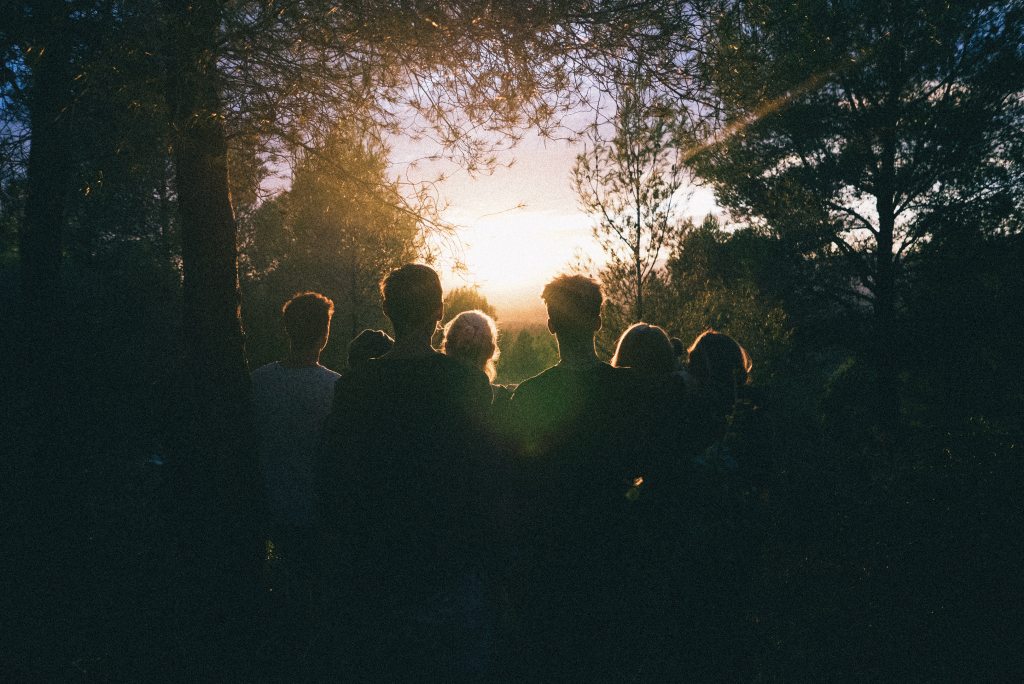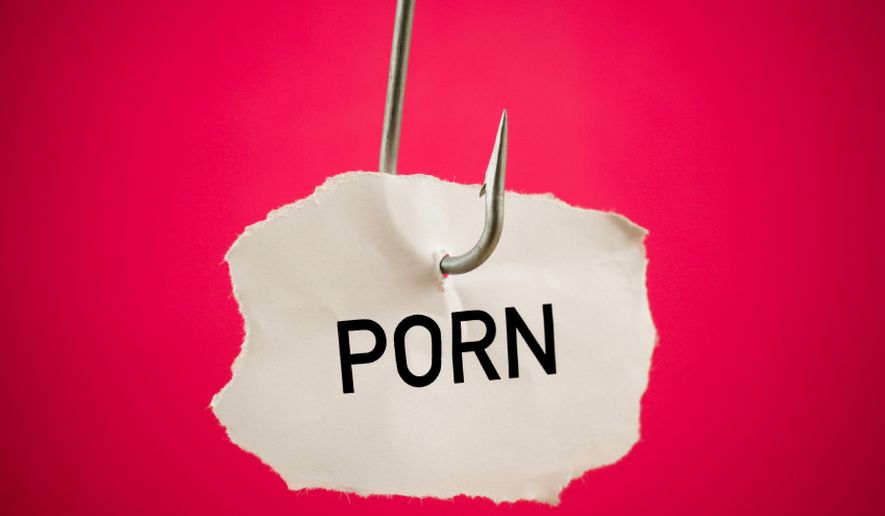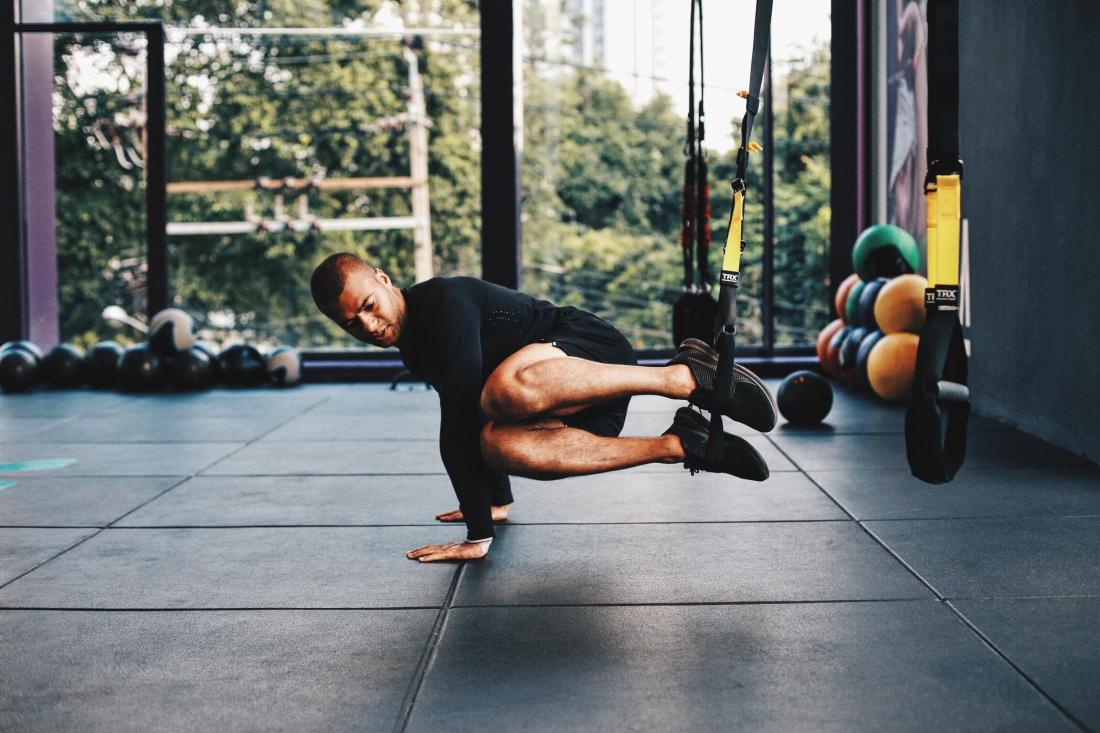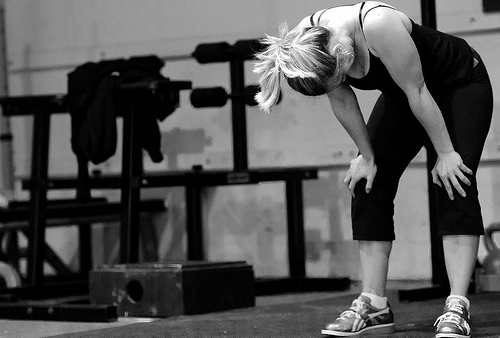“Rumours of my death have been greatly exaggerated” – Mark Twain
Yes, I’m still here. And I come bearing news.
News such as the fact that 50% of you won’t finish this article. 90% of you will be thinking of something else while you’re reading it. 100% of you will quickly realise I made these figures up.
So, try something new right now, you saucy go-getter. Focus your attention solely on this article for three minutes.
For this blog, is about being in the moment.
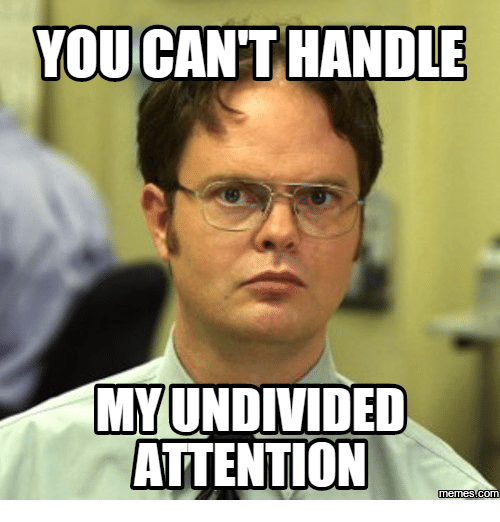
Stressing About Tomorrow is Ruining Your Today
Do YOU spend too much energy worrying about the things to come?
Do YOU fail to enjoy a Sunday night because you’re worried about Monday?
Then YOU, are a worrier. And you’re missing out on the here and now.
Don’t get me wrong – sometimes, it pays to think about how we’ll approach certain situations when they come around. Perhaps you have a job interview tomorrow, (you should probably close this and start preparing if you haven’t already) or a big deadline at work next week. By all means, consider how you’ll handle them if they require preparation. But don’t spend too long fretting about it. You need to instead play a game of would you rather.
Would you rather… enjoy the moment you’re in right now, or mull a future event over and over in your head? If you do choose the second option, pretty soon you’ll be too stressed about it to even properly engage in the now.
Take it from the person who once sat at the dinner table at home, quietly having an internal meltdown about his dissertation due in a month’s time. The person who had such a panic, that they booked a train up to university the very next day, two weeks before anyone else went back, to work on said dissertation. And who subsequently got a 60 in that piece of work.
Bit of a waste of time really.
So how do you get yourself out of that rut and into the present moment?
Get Some Perspective – Your Problems Aren’t all That
We have a habit of building things up to mean far more than they really do.
Take that deadline at work you’ve probably spent all week stressing about. Your boss has made it seem life or death. They live and breathe their job, and have decided you must share in their worries. So that stress gets passed on to you, and you become caught up in worrying about how you’ll manage to get everything done right and on time. Maybe it’s getting to the point where you’re staring at the ceiling, 12:30AM, midweek, and you just. Can’t. Go to sleep. So, what should you do?
Well, the genius behind innocent smoothies’ revolutionary Tone of Voice has some solid advice here.
“Stare out into the cosmos. Remembering how small and accidental you are reminds you that what you’re doing isn’t that serious or difficult.” – Dan Germain
These things on your mind have been faced by people in the past and they will be faced by more people in the future. So take comfort in that, then take yourself back to the here and now. After all, you’re never going to be happy anyway.
Wait, what?

Remember the Pursuit of Happyness?
Half of the message of Will Smith’s 2006 hit movie was in the purposefully misspelt title. “Happy” is merely a temporary state, much like “sad” and “angry”. So in wanting to achieve happiness, you’re effectively pursuing fleeting moments that won’t last forever.
So in order to fully enjoy these moments, you need to be present in them. That means no distractions and that means not being preoccupied with the past or future. By worrying about next week’s workload, you’re affecting your own number of “happy” moments.
If, like me, you don’t know the first place to look for hints on reducing stressful thinking and being more present, try this link.
If you don’t like the link, do your own research.


